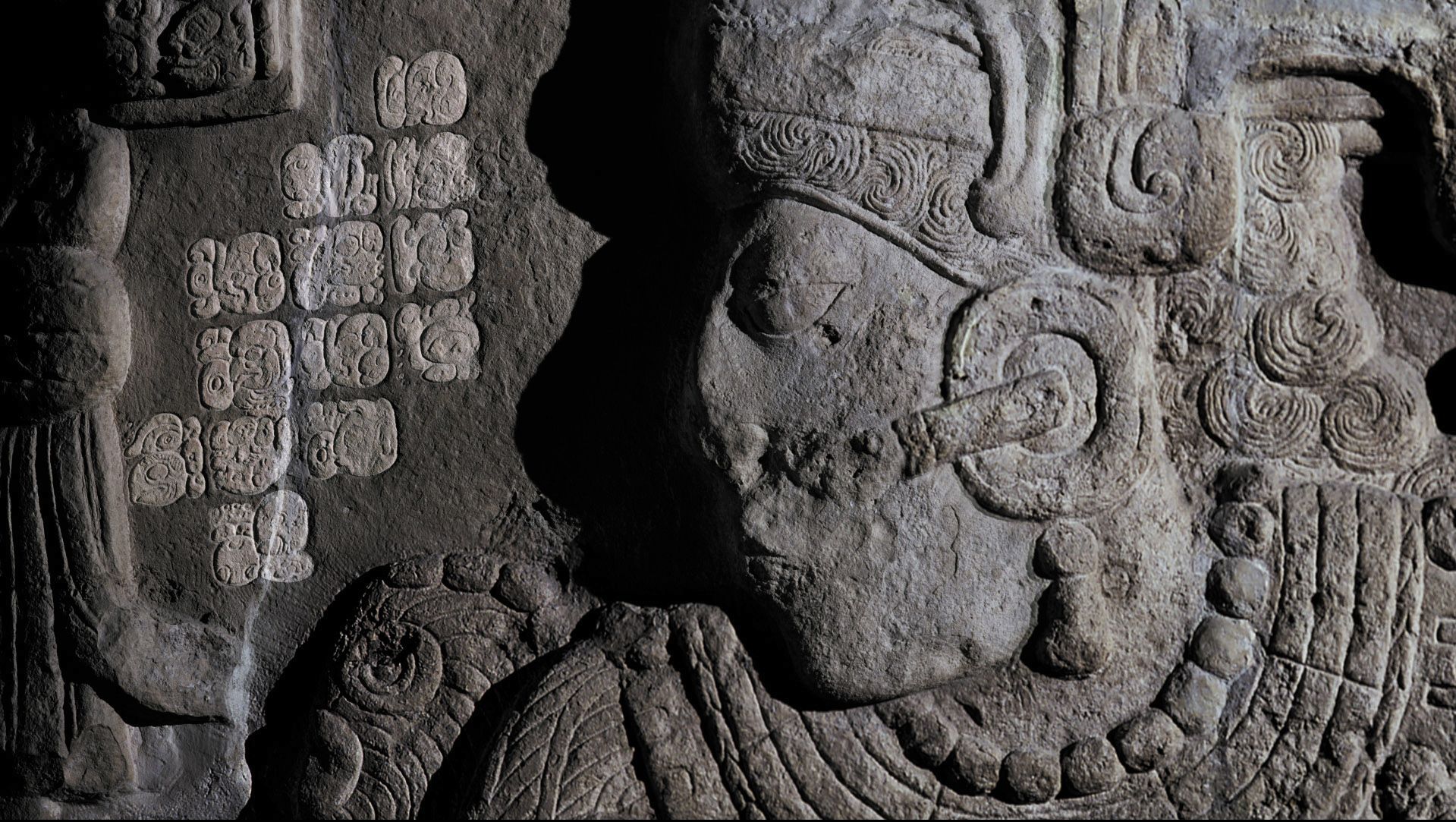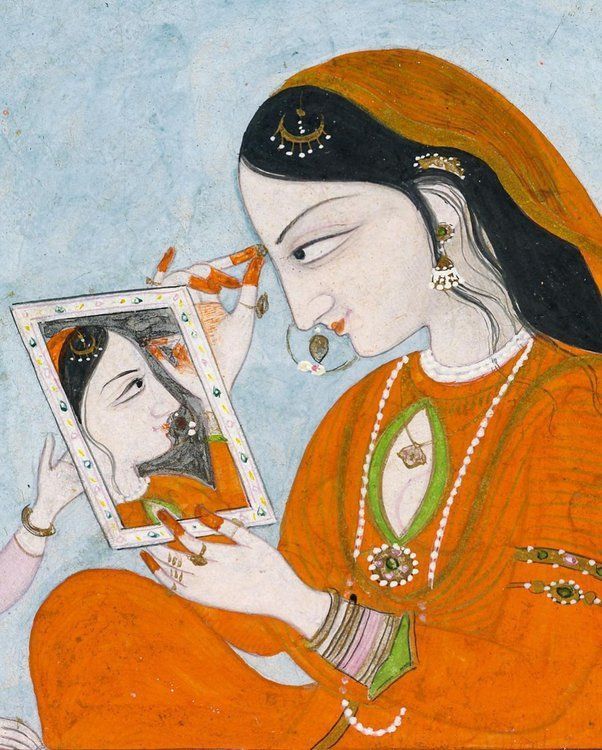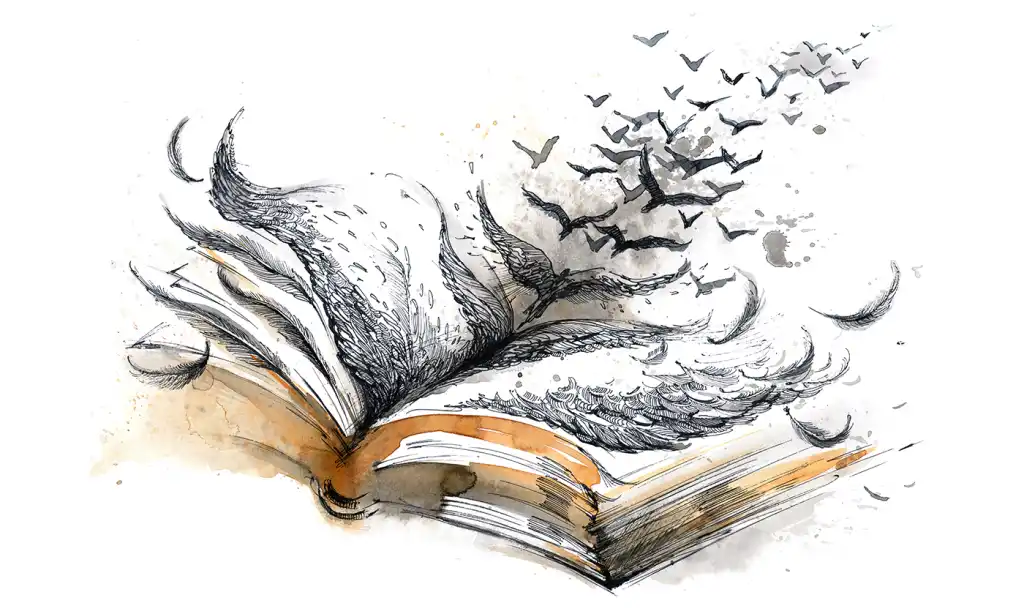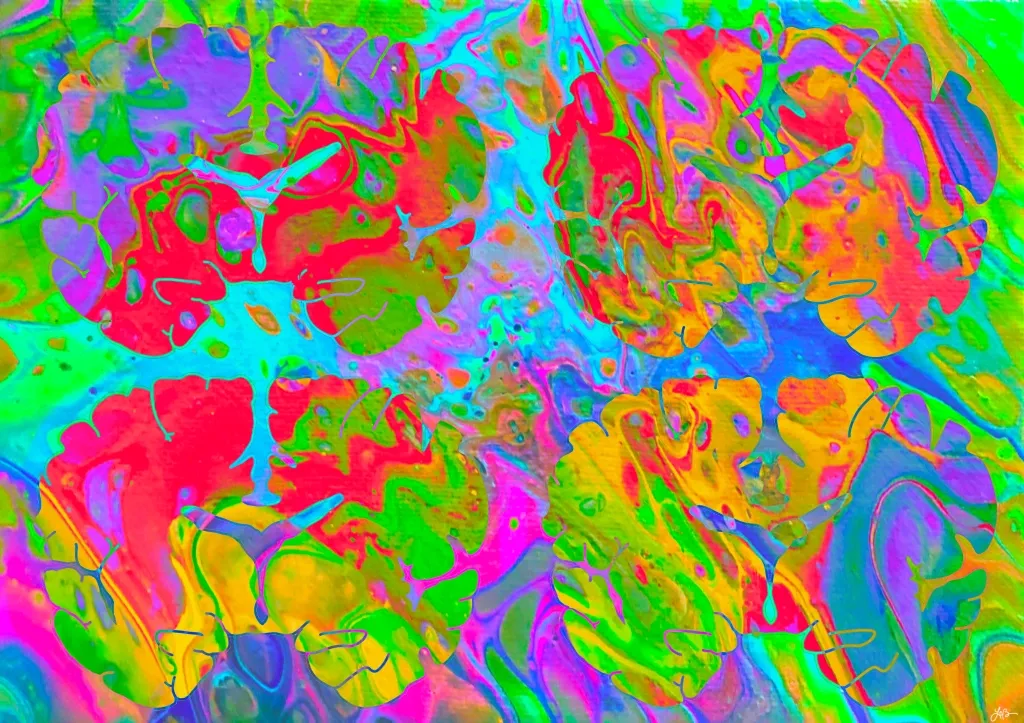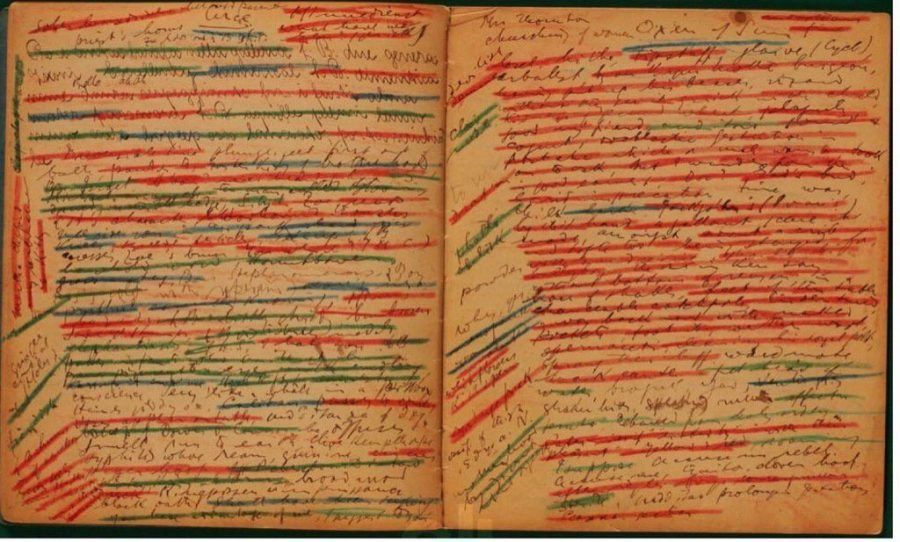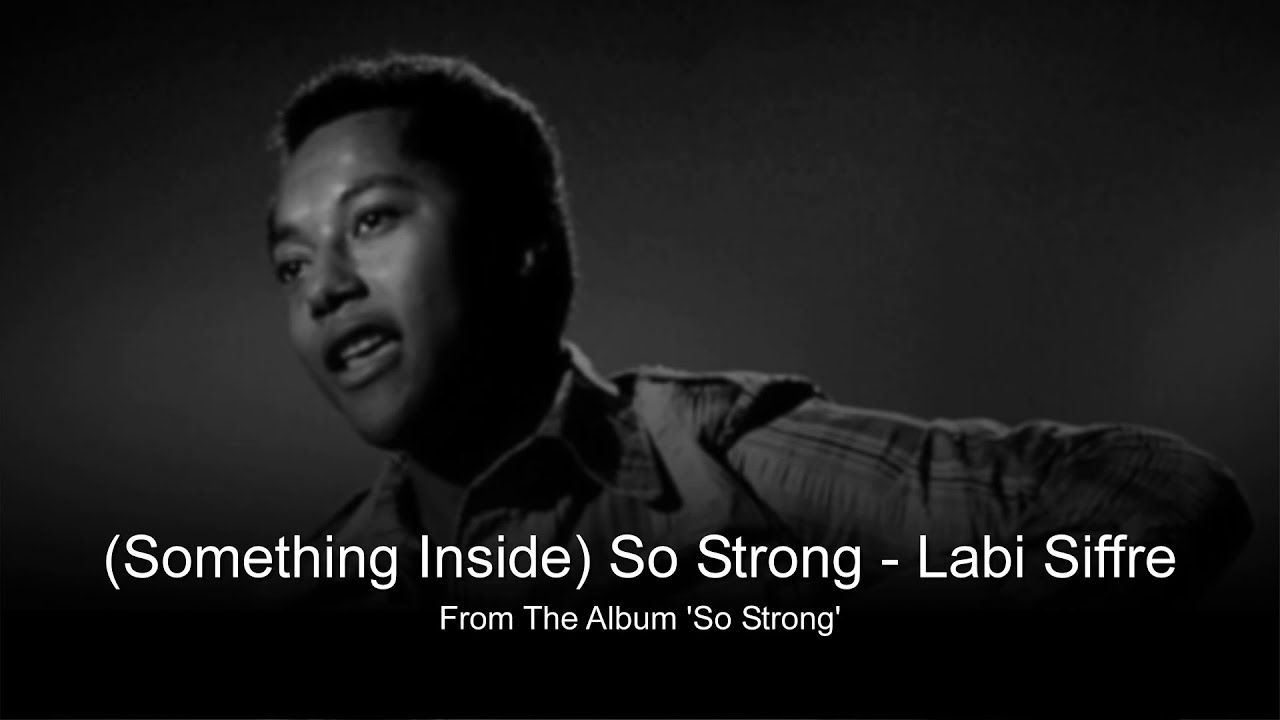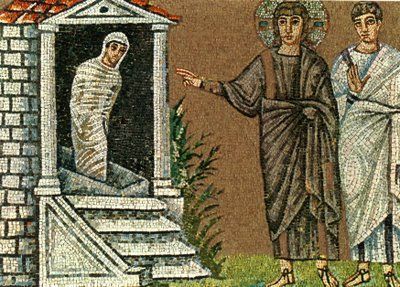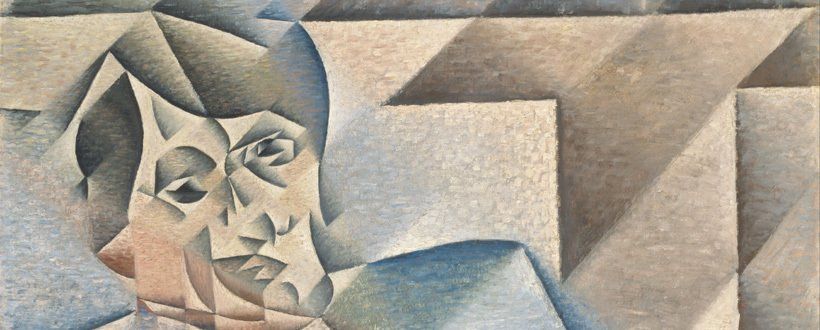ToK Essay Titles Nov 2021 Prompt 1
The accuracy vs the paradigm criterion

Experts within a discipline constantly challenge and question each others’ knowledge. It’s part of the very process of reaching consensus in disciplines like Climate Science, for example. We can sometimes identify a ‘line’ – if not always a ‘clear’ one – between those who dispute and those who accept the knowledge that human behaviour is a major cause of global warming by testing that knowledge. We do this by means of applying the correspondence truth scale. This involves focussing on the empirical evidence presented to support one or the other view and measuring the accuracy of the knowledge. We can then decide on which side of the line we stand and how justifiable this position is. Assessing where the line is – the value of knowledge – between accepted and disputed knowledge in this way is often a slow and painstaking process of refinement and incremental change. An often used example to illustrate this process is the development of the theory of the atom. From Dalton’s theory to Thompson’s then to Schroedinger’s model, at each stage of the development of the model, Scientists were able fairly precisely and clearly to draw line between which model could be accepted or disputed until consensus was reached.
However, in other cases, disagreements about knowledge aren’t simply a matter of determining the accuracy of knowledge. Disagreements occur when the discipline itself, not just the knowledge within it, is in a state of change; when the existing paradigm of the discipline is about to shift. A paradigm is, in a broad sense, the way experts do their job in the pursuit of knowledge. More narrowly, a paradigm involves specific processes or methods that shape how experts question existing knowledge; how they gather data to support hypotheses and how they communicate their results both within and outside of their communities. In short, a paradigm is less about establishing accurate knowledge than about ‘problem solving’. An expert’s goal isn’t about describing a phenomenon in a realistic way; it’s about challenging the very nature of how others within the knowledge community actually do their work – the very process or methods they use to pursue knowledge.
A shifting paradigm is hard to identify in the moment of its shifting. It’s usually only with the advantage of hindsight that we can see what was happening. From such a historical perspective, what we can infer is that when the whole methodology, purpose and aims of a discipline begin to shift, the line between accepted and disputed knowledge will be extremely vague. There may be a situation when the same knowledge is accepted and disputed simultaneously by different factions within the same community. Experts working within the traditional paradigm will continue to do things the way they would normally do them in their pursuit of knowledge and hold onto old knowledge. However, the experts belonging to the new paradigm will find revolutionary different ways of pursuing knowledge and these new ways yield new discoveries; new knowledge.
In short, the 'accuracy criterion' to help draw a line between accepted and disputed knowledge is helpful when old knowledge transitions into new knowledge. Some of the old knowledge may still be retained in the new knowledge but in a changed way. The line might be clear to begin with but during the transition phase between old and new knowledge, this line becomes blurred. The 'paradigm criterion' helps to draw a line between accepted and disputed knowledge when new knowledge either completely overturns and replaces old knowledge or induces different way of pursuing knowledge. The old knowledge is still 'there', so to speak, but either obsolete or explains things in a limited way. The line can't be drawn clearly at the time of the paradigm shift but in hindsight, we can see more clearly how we needed to let go of the old knowledge to achieve something new.
You can imagine the kinds of examples that illustrate this idea: geocentricsm/heliocentricism; Newtonian gravity/Einsteinian gravity; relativity/quantum theory… Of course, these are all examples of scientific paradigm shifts. Explore such shifts in other AOKs…
How are these examples different from the Climate Science example above? Well, it’s mainly to do with the fact that a paradigm shift isn’t do to do with ‘scientific realism’: describing the natural world with increasing accuracy. A paradigm shift is more to do with disputes about, and the acceptance of, how science is done – it’s methodology – rather than arguing solely about which theory best explains reality. Having said this, recall that during what is labelled ‘the Copernican Revolution’ in astronomy, it so happened that the experts who disputed the geocentric model of the universe did so not only because it was an inaccurate representation of nature, but also because this model wasn’t the product of a newly evolved process of ‘science’. So creating an accurate descriptive model of the universe and refining the methods of achieving this probably go hand in hand when trying to establish a criterion to differentiate between accepted and disputed knowledge.






